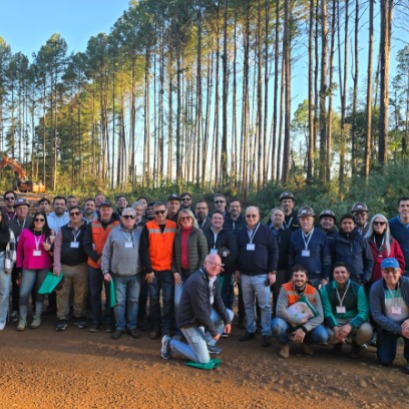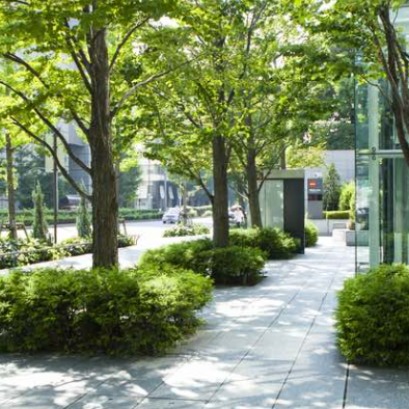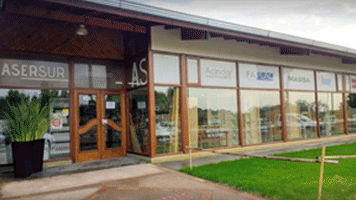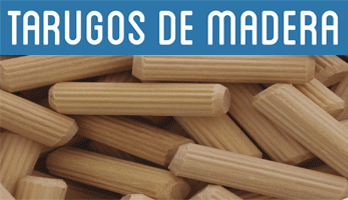
Corrientes was the headquarters of the 147th Madero Congress of Faima: focus on exports, European regulations and economic perspectives
The town of Viroso, in Corrientes and Epicenter of the Forest-Industrial Pole in the region, was the headquarters of the 147th Madero Congress of the Argentine Federation of the wood and related industry (Faima), which took place on July 3 and 4. The meeting convened the entire forest value chain in the country, with the aim of analyzing the current economic context, the new demands of the European market and the growth opportunities for SMEs in the sector.
It was an analysis edition in Congress, with territory activities, industrial visits, technical panels and spaces for strategic dialogue. We are committed to strengthening companies with tools to grow in a sector that can motorize the national economy, said Mercedes Omeñuka, president of Faima. The Argentine forest industry is supplied in 95% wood from plantations, with more than 1.3 million hectares, of which more than 50% are certified under international standards of sustainable management. This productive model, which integrates 13,000 producers. And more than 6,000 companies, represents a tool for sustainable development, employment creation and climate change mitigation. From our first congress we know that this space is highly anticipated throughout the chain. Today the world recognizes wood as a solution based on nature, fundamental for decarbonization and promotion of a more sustainable economy. Our role as entrepreneurs does not end in the factory: we are employment promoters, country brand, and active actors in associations that seek to release the potential of our industry, added Omeñuka. The Maderero de Faima Congress is projected as a reference event for the sector, combining training, political-economic analysis, innovation and sustainability, with a federal look that seeks to reactivate regional economies and expand regional economies and expand the possibilities of the market external.
IT MAY INTEREST YOU
 The trees that best cool cities: keys to planting against urban heat
The trees that best cool cities: keys to planting against urban heat
Urban trees are not just an ornament: they are climate infrastructure. Some species cool more than others thanks to their shade and evapotranspiration. Researchers in Valencia identified which ones work best to reduce temperatures in urban environments and how their correct distribution can transform sweltering neighborhoods into liveable places.
 The tree that retains more water in the world: stores up to 120,000 liters inside
The tree that retains more water in the world: stores up to 120,000 liters inside
With its imposing trunk and capacity to store water, this tree is a symbol of adaptation and survival in the most extreme environments on the planet.
 The forestry industry will have a prominent presence at the XIV National Agribusiness Forum of LIDE Argentina
The forestry industry will have a prominent presence at the XIV National Agribusiness Forum of LIDE Argentina
LIDE Argentina announced the holding of the XIV National Agribusiness Forum, which will take place on Wednesday, October 29 at the Alvear Icon Hotel, in the City of Buenos Aires.





















